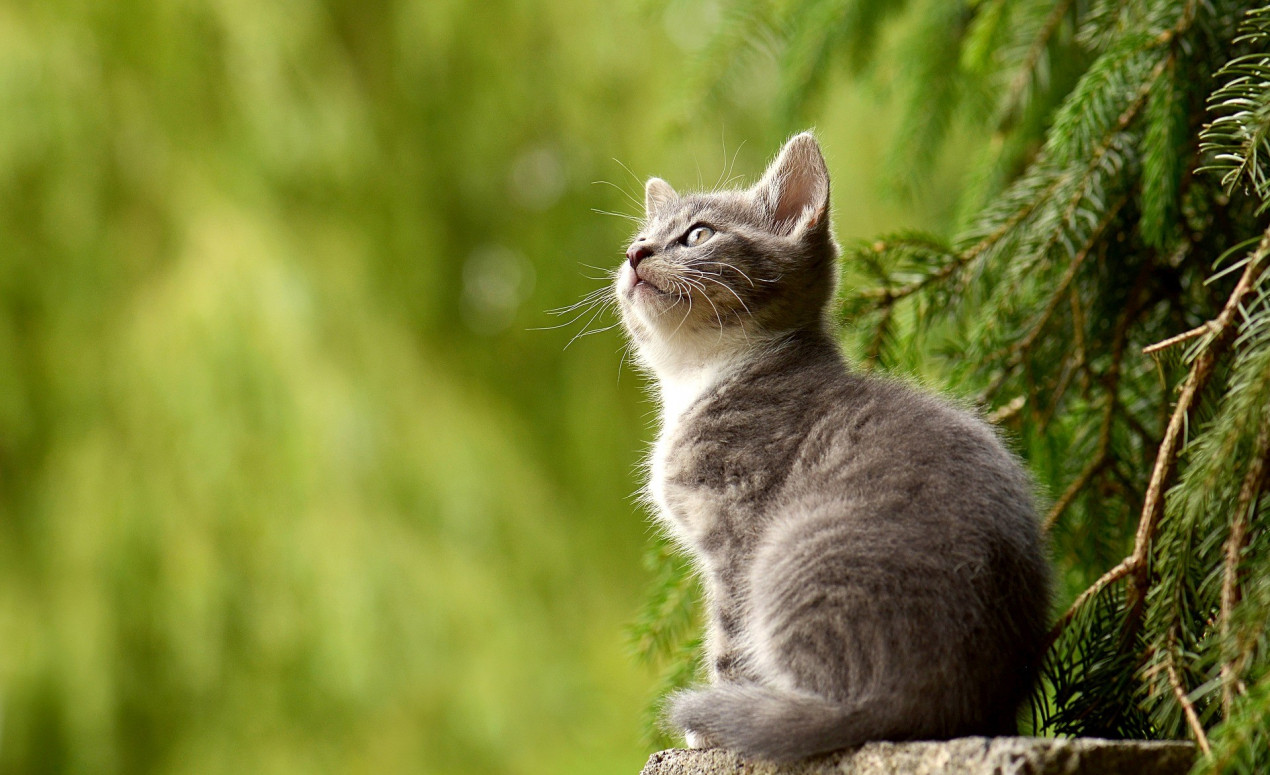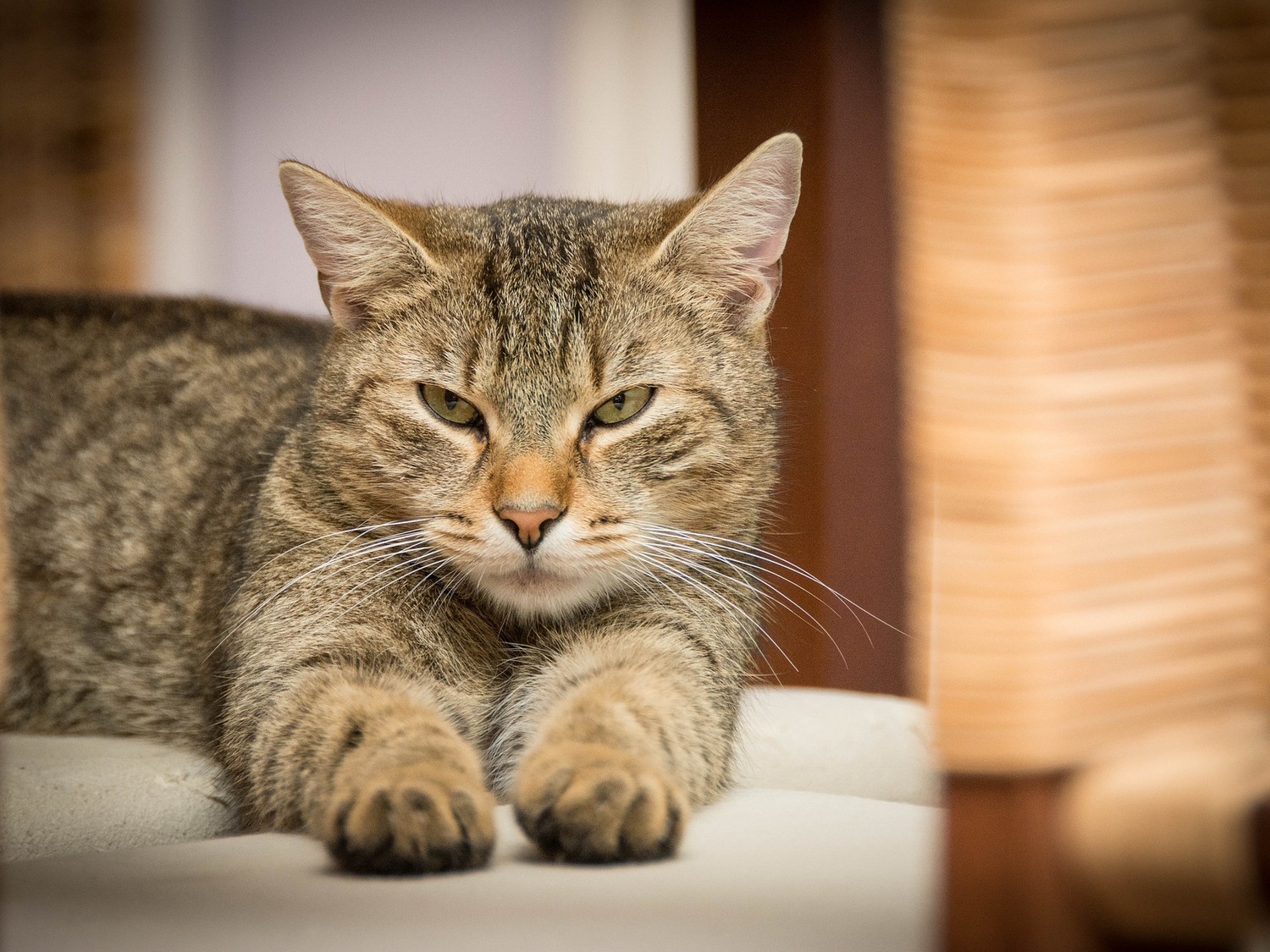Do you need help?

Why is my cat not eating?
Loss of appetite in cats, also known as anorexia, can be a sign of a serious underlying disease. The list of potential causes for cats not eating is long and diverse and includes kidney disease, cat flu, diabetes, fever, hyperthyroidism and pancreatitis. Dental problems, pain and internal obstructions may also result in your cat not eating. There may be a behavioural reason, such as stress, anxiety or depression, perhaps caused by a change in surroundings.
Does my cat have anorexia?
Your cat will be diagnosed with anorexia if they change their eating habits and consistently refuse to eat. If your cat is showing signs of anorexia, or their appetite has suddenly increased or decreased, you should consult your vet or, if you feel it’s an emergency situation, your nearest Vets Now. Food avoidance can have a serious impact on an adult cat’s health if it persists for 24 hours or more.
What should I expect when I visit the vet?
Your vet will ask you about your cat’s recent medical history and whether you have noticed any other signs, such as weight loss or vomiting. It is important to try to work out if your cat is hungry but not managing to eat for some reason (in these cases they will show interest in food and sometimes attempt to eat, but then give up or sometimes run backwards) or if they have no interest in food.
Your vet will check your cat over by performing a clinical examination and also ask questions about you have observed at home. Since there are many possible reasons for cats not eating, your vet may also need to perform some tests to work out what is going on, such as blood tests, urine tests, x-rays or ultrasound.

Treatment for cat not eating
This will depend on the underlying reasons for your cat losing their appetite. If they have dental disease and sore teeth, they made need teeth extracted under general anaesthetic. If your cat is anorexic due to disease or illness, treatment will depend on the diagnosis.
Treatment may include intravenous fluids (a drip) to correct dehydration, antibiotics if an infection is suspected, antiemetics (anti-vomiting medication) and stomach protectants. If your cat has eaten something foreign such as elastic bands or ribbons, surgery may be performed. There may also be other treatments given if your cat is vomiting or lethargic, for example.
It is important to get your cat eating again as soon as possible. Some cats who suffer from anorexia go on to develop hepatic lipidosis (fatty liver syndrome), a serious complication that can be fatal.
What can I do if my cat won't eat or drink?
The most important thing you can do is speak to your vet as early as possible and follow their advice on providing nourishment for your cat. Outside of that, there are also some simple short-term steps you can take such as feeding your cat something that stimulates their appetite such as canned sardines or liver. Just remember these foods should only ever be given in moderation.

